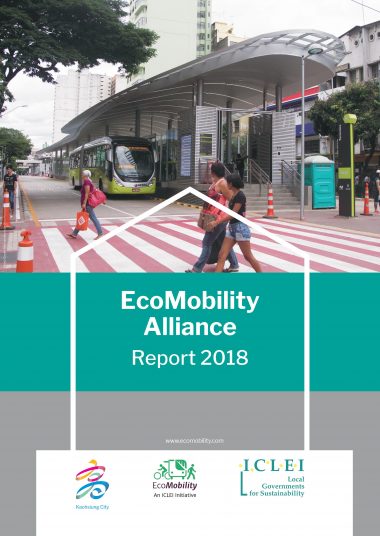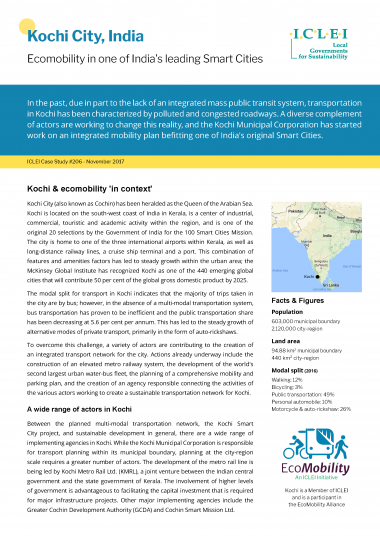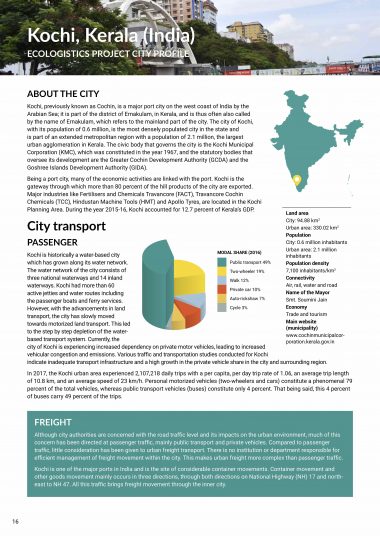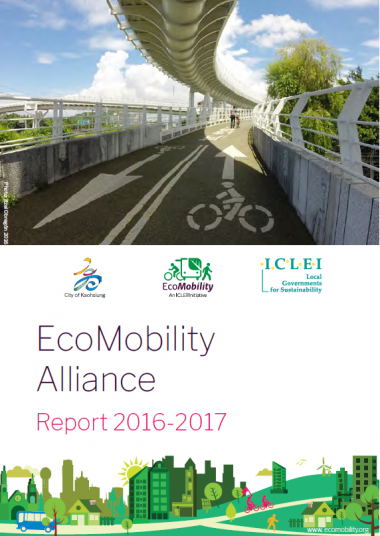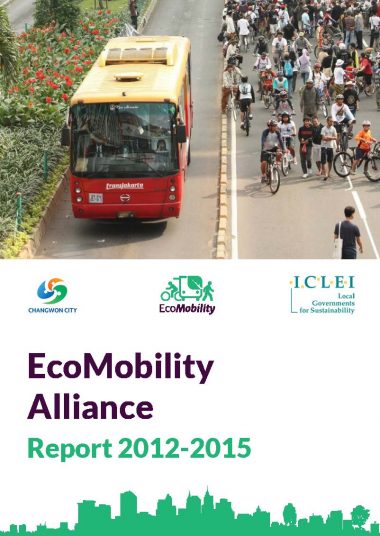Kochi, the capital of Kerala State, is located on the southwestern coast of India. As with many Indian cities, traffic congestion is chronic in Kochi, with many numerous rickshaws serving as the intermediate public transport (IPT). The transport sector in Kochi accounts for 20.2 percent of the PM2.5 concentration in the city. Auto-rickshaws are the most noteworthy contributor to the city’s transport-related emissions at 93 tons per day. This mode is also responsible for emitting significant amounts of harmful pollutants per day, including carbon monoxide (3.1 million grams, g), Particulate Matter 2.5 (148,000 g) and nitrous oxide (384,000 g)*.
The Indian government declared intentions to achieve 100 percent electrification of cars by 2030. Following the move, the Kerala State Government announced a preliminary draft of the policy to promote “eco-friendly electric vehicles” in January 2018. The plan aims to electrify public buses and auto-rickshaws. In India, other cities have been electrifying auto-rickshaws since 2012. Ola, the Indian ride-sharing app, announced that it will introduce 10,000 e-rickshaws in three Indian cities although Kochi is not yet included. Shortly, the Kerala state government plans to issue taxi-permits to only e-rickshaws in hopes of reducing the number of conventional three-wheelers.
The Kochi Metro Rail Limited (KMRL) is responsible for providing a mass public transportation system in the city, including the newly opened Kochi Metro. Together with the state government, Kochi began the trial run of the e-buses in the metropolitan area. KMRL also initiated projects to achieve last-mile connectivity with e-rickshaws, and to enhance safe access by focusing on active mobility projects.
To create a unified and integrated transport network, an Urban Metropolitan Transport Authority (UMTA) has been approved. The UMTA is the umbrella body that will coordinate the existing transport authorities and manage public transport. Kochi hopes that this will streamline operations and make public transportation more convenient and attractive for commuters. Kochi is an exemplary example of how a highly congested city shifts towards a greener and people-oriented mobility.
* Rao Ghorpade A., et al. (2014). SOLUTIONS Pilot Cities Feasibility Studies – Kochi.
